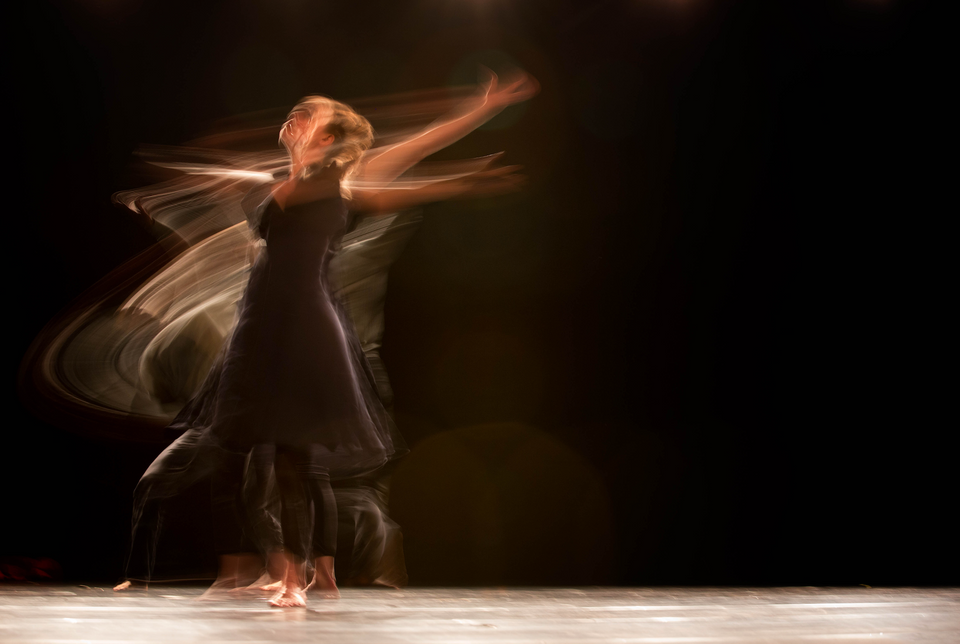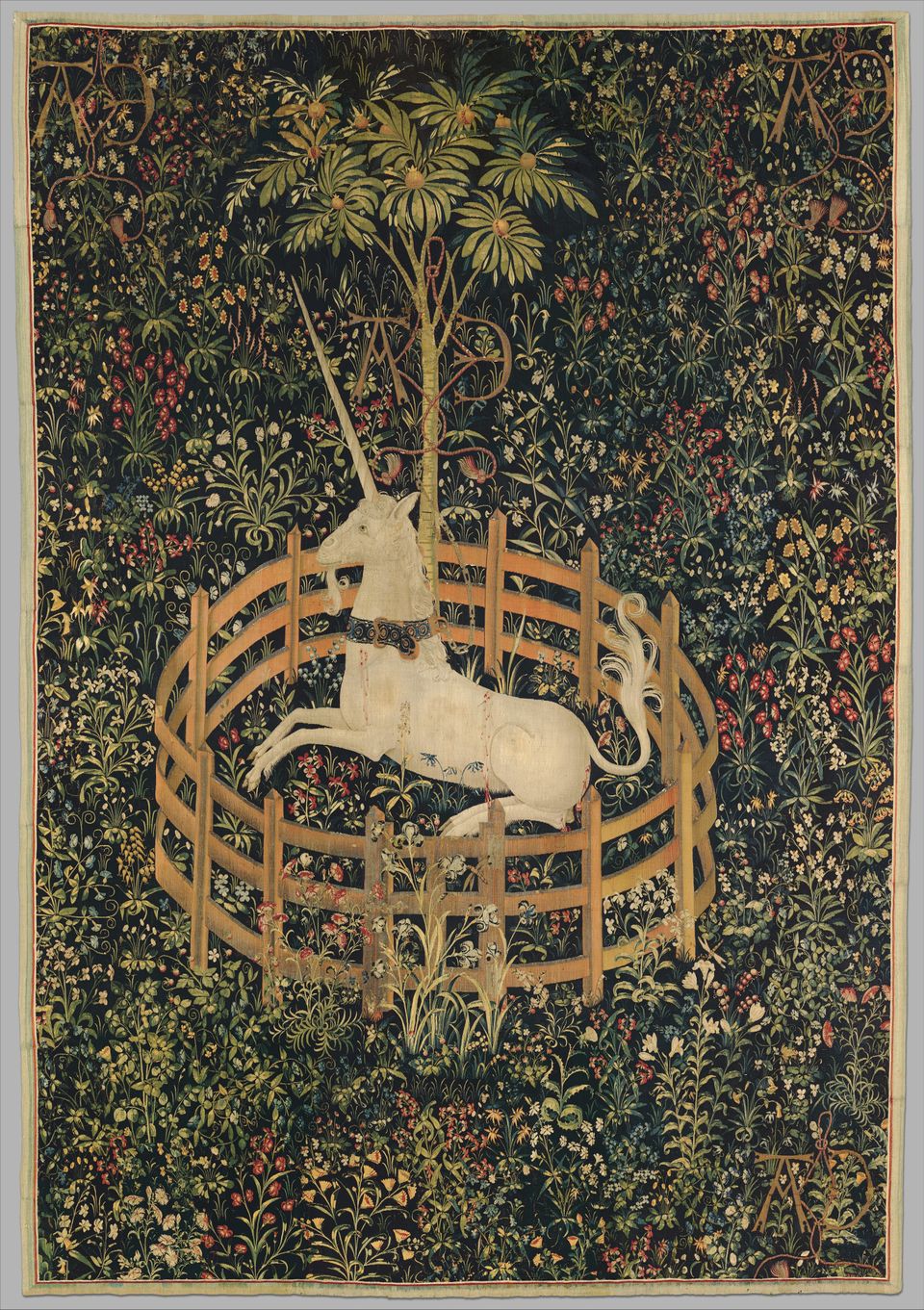“This poem can change a person’s entire way of being,” my professor Chad Wriglesworth said of Denise Levertov’s “Caedmon.” A high claim for a poem—and it’s true for me.
I originally read “Caedmon” as an undergraduate and aspiring poet in California. I can still picture it printed on the crinkled page in my water-damaged anthology. Then I joined the ranks of the working world, my creative energy absorbed by my job, my aspirations stifled by acquiescence to the workaday reality against which my abilities seemed hopeless. In other words, I realized my poetry would not pay my bills even if it was good, and I was not sure that it was. In that frame of mind, I could not write poetry and read only a little.
Nearly a decade elapsed. My desire to write poetry, though buried, somehow remained alive. I learned of a program in Vancouver, British Columbia where I could study theology and write poetry concurrently. So I moved to Vancouver. I then discovered that Seattle, a mere 120 miles away, was where Levertov lived her final years. Here in the Pacific Northwest, Levertov’s “Caedmon” intercepted me again and pulled my poetry-writing gumption from its grave.
…
Denise Levertov (1923-1997), a London-born American poet of Welsh and Russian descent, defies concise introduction. Her biography and poetic breadth aren’t easily categorized. While born and raised into a rich spiritual heritage—her father converted from Hasidic Judaism to become an Anglican priest—she lived many years of her life as an agnostic before converting to Catholicism in 1984. Even in her agnostic years, spiritual themes pulsed through her work. She maintained a lifelong admiration for poets of her British heritage, including Wordsworth and Hopkins. She sent poems to T.S. Eliot as a child—and received an encouraging letter in response.
When she married the American writer Mitchell Goodman and emigrated to the United States, her influences expanded to include William Carlos Williams and the Black Mountain poets. While these diverse influences weave throughout her work, her voice and style is clearly distinct. She is also influential in her thoughts on contemporary form, most notably in her essay “Some Notes on Organic Form.” She opts for the term “organic form” rather than “free” verse to clarify that eschewing old forms does not mean doing whatever one pleases. Instead, poetic form grows from and is implicit in the experience that occasions the poem.
To define her work requires something of the poetic art of perception and compression—especially as her complete Collected Poems rivals War and Peace in size. Her themes are also expansive, from the everyday to the erotic to the ecological to the theological and political. This wide-ranging vision is no surprise given her lifelong commitment to the poetic task, to perceive and connect. She saw this not only in aesthetic but moral terms. In her essay “The Poet in the World,” she writes,
‘No ideas but in things,’ said William Carlos Williams. This does not mean ‘no ideas.’ It means that ‘language [and here I quote Wordsworth] is not the dress but the incarnation of thoughts.’ ‘No ideas but in things,’ means, essentially, ‘Only connect.’ And it is therefore not only a craft-statement, not only an aesthetic statement (though it is these things also, and importantly), but a moral statement.
One way “only connect” manifested itself in her life is that she did not see politics as separate from poetry. Her political verse is an articulation of her poetic impulse to connect inner and outer worlds, to take seriously the responsibility of language’s power.
…
I did not know any of this as an undergraduate when I fell in love with Levertov as a poet. I’d come to love poetry mainly through the British Romantics. I acquired a taste for Modernists, but I missed in them the “Spirit fierce” I found in Shelley’s “Ode to the West Wind.” It was in that context that Levertov’s poem “Caedmon” woke me to new possibilities. Here was the transcendent shimmering in the language of the sensory, spare and yet dancing with inwardness. Here was a poem that was at once home in the contemporary landscape and yet spoke in a voice that was both ancient and immediate.
According to Bede’s 8th-century Ecclesiastical History of England, Caedmon was a cowherd at a monastery who had a vision calling him to poetry. Levertov’s “Caedmon” launches from Bede’s account. Later collected in Breathing the Water, the poem first appeared in Southern Humanities Review. (Read it here. Really! Then come back to this essay!)
Levertov’s poem is masterful in how it enacts Caedmon’s experience. The pace begins measured and heavy, the scene and speaker unassuming. “Clodhopper,” reminiscent of Caedmon’s older English, is clunky and earthy. We feel something of Caedmon’s solace and loneliness as the long “o”s have us lingering with him, watching “motes / of gold moving / from shadow to shadow / slow in the wake of deep untroubled sighs.” In that last line Levertov moves seamlessly from that spare language of the sensory world to the intuitive. In his chapter on Levertov in He Held Radical Light, Christian Wiman notes Levertov’s best work achieves “forms that seem to merge the mind and its perceptions.” These lines tracing Caedmon’s experience watching the motes are just such a merging, their slowness, isolation, earthiness, and the sighs in which they move, all describing both Caedmon’s external and internal worlds, what he is seeing and how he is perceiving these things. This merging of “the mind and its perceptions” intensifies with the angel’s appearance. All the alliterations, allusive of historical Caedmon’s Old English poetry, accelerate the pace: “effacing,” “feeble,” “forest of torches,” “feathers of flame, sparks upflying.” The gold motes are transfigured in the angelic appearance—as is Caedmon. The unaffected cows and the barn are as before, but Caedmon has changed: “nothing was burning, / nothing but I” echoes the earlier construction of “clodhopper I.” Only now Caedmon does not “break the gliding ring” but joins it, finds himself “pulled” “into the ring of the dance.”
What is most striking to me about this poem, though, is its presence, its ability to encounter me. Each time I give this poem close attention, it confronts and reorients me, particularly in my core confusions regarding poetry.
As an undergraduate, it confronted the false either/or I’d felt between spiritual intuition I loved so much in Romanticism and the concreteness of contemporary poetry. Here was proof that they were not opposed; a poem did not have to be grand to be spiritual. “Caedmon” contradicts a corresponding theological confusion to which I was prone: God’s transcendence seemed to require elevated and abstract diction, but the poem’s earthy language embodies a moment of immanence, God encountering someone within the world rather than outside it.
Here in Vancouver, “Caedmon” reoriented my notions of what it means to be a poet—and who qualifies. As the first known poet in the English language, Caedmon is not just a historical individual but a prototype. You can read the poem as paradigmatic of the poetic vocation, a notion Levertov believed in and took seriously. There are also echoes of the Old Testament Isaiah’s call to prophecy, in which a seraphim touches a burning coal to Isaiah’s lips. This intentional overlap of Caedmon’s call with Isaiah’s is telling of Levertov’s notions of moral responsibility wrapped up in the poetic vocation. Yet one need not claim a messianic role nor a mastery of language to be a poet. You could be clumsy and keep company with cows, but it is someone outside of you that compels you to join something ongoing, living, beyond you.
Re-encountering the poem ended my drought because it clarified for me that poetry is not fundamentally about the poet’s exceptional insight but about being transformed. Yes, there are skills to learn and hone, but for Caedmon and for me, the ability to (re)enter the ring requires a spiritual movement we wouldn’t dare unless we were drawn. For me, this poem is part of that drawing, confronting my narrow conceptions of what is possible in a poem, my false assumptions that I have to already be brilliant, that I have to know the results of my work before I even begin. No, “Caedmon” insists, none of that is poetry’s ground or goal: Poetry’s power does not depend on genius but responsiveness to something greater. What “Caedmon” has helped me to do—both as an undergraduate and a graduate, discovering and rediscovering poetry—is to respond, to risk coming out of the lonely safety of silence and join “the ring of the dance.”
~
[Photo by Ahmad Odeh on Unsplash]




